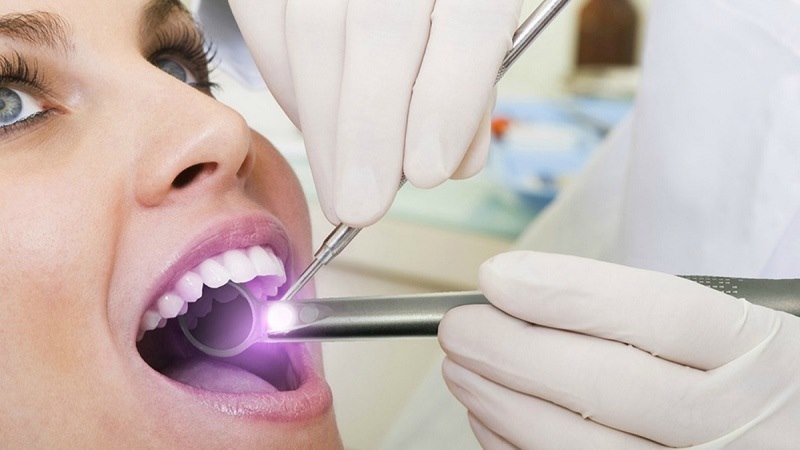Whilst cancer is not exactly a joyful subject to discuss when it is discussed, people tend to think about cancers they hear about most often, such as lung and breast cancer. One type of cancer that is rarely talked about is oral cancer. Part of the reason might be that people were simply not aware that their mouth could be a target for cancerous cells or that their focus on oral health was towards avoiding cavities, not cancer.
As you may well know, illness and disease do not care whether someone is aware that they exist or not; thus, cancerous cells forming in someone’s mouth can occur whether they know of such an ailment or not. For those of you who know little of or were not aware of oral cancer, we do so not to frighten but to educate. Knowing the symptoms of an illness can often lead to early treatment and recovery.
Causes Of Oral Cancer
Most doctors will tell you that cancer can occur for seemingly no reason. It is truly awful when someone who seems in perfect health, eats well and does not partake in any harmful activities is suddenly blighted by it. However, it is also true that someone with an unhealthy lifestyle is more prone to cancer, and with oral cancer, certain activities are more likely to induce it, such as:
Smoking – Many cancers can be attributed to smoking in some way, and as your mouth is a part of your body filled with smoke with each inhale, it is little wonder that smoking is seen as a primary cause of oral cancer. Also, whilst an increasingly rare activity, the use of chewing tobacco also increases the risk.
Excessive Alcohol Usage – Sorry to be a party pooper again, but drinking excessively, especially when younger, can lead to oral cancer.
Excessive Exposure To The Sun – Whilst sunshine has many benefits, such as providing us with vitamin D, too much of it makes us more susceptible to cancer.
Human Papillomavirus (HPV) – This virus creates an increased susceptibility to cancer cells forming in our bodies.
Genetics – If your family has a history of cancer, then unfortunately, by the nature of your genetics, you may be more prone to oral cancer.
Symptoms Of Oral Cancer
Whilst there are several symptoms that you may experience yourself, more applicable for this article, there are many that your dentist can spot during your routine check-up. For the former group of symptoms, these include:
- Numbness in your mouth
- Loss of sensation in your mouth
- Sore throat
- Hoarse voice
- Painful inner ear
- Weight loss
- Loss of appetite
If you experience any of these, then you should seek medical advice.
You may not know you have any of the following symptoms, but your dentist may notice them.
- Bleeding in your mouth
- Gum erosion
- Lumps on your gums
- Red and white spots in your mouth
- Swelling of your gums
Whilst you could spot these yourself, when brushing, for example, you may not associate them with oral cancer and do nothing. On the other hand, your dentist will be well-versed in spotting oral cancer. They can arrange for an oral cancer screening examination, and, if recommended, a biopsy to establish if and to what extent oral cancer exists. This way, treatment, if required, can begin sooner rather than later.


